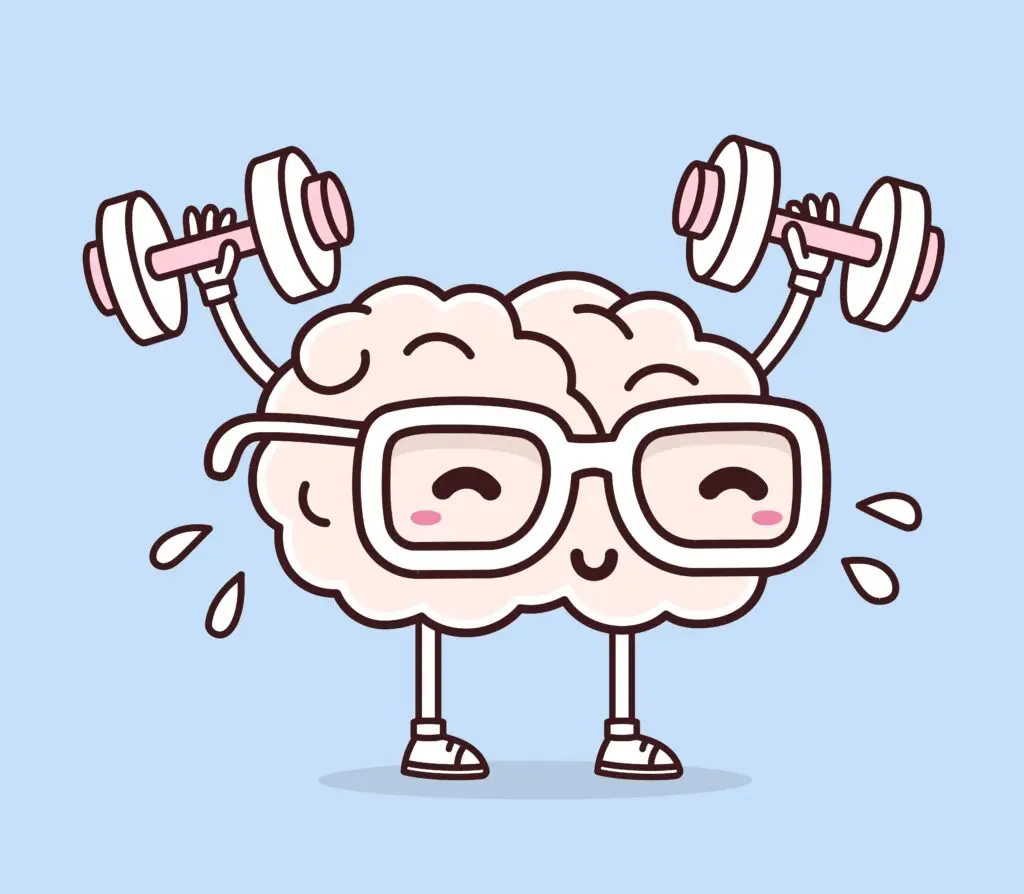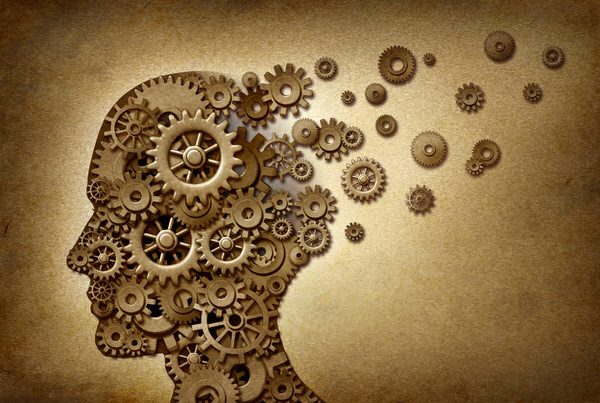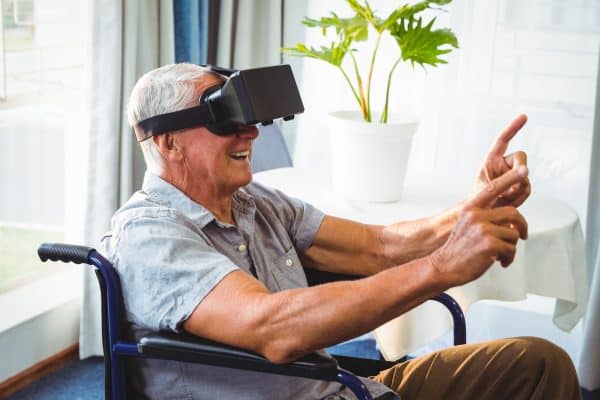Successful aging is a topic that fascinates people, especially as our population’s average age continues to increase. Marketers tout new products that promote successful aging. Lifestyle consultants encourage behaviors that promise you you a longer, healthier life.
But how do you tell the difference between healthy aging fact and fiction?
Today we’ll look at 5 popular opinions about aging. You can test your knowledge against current scientific research. See if you can tell whether the statement represents healthy aging fact or fiction.

1. “Functional capacity declines as you age”
Fiction. According to a study by the MacArthur Foundation, health and functional status of older people has been increasing since the 1980s.
It’s been well-documented that people are living longer. But we’re also living healthier. A smaller segment of the elderly population today has a disability as compared with older people a few decades ago.
As a result, the report says, “Active life span is increasing faster than total life span.”
Even so, an 80-year-old likely still won’t have the physical strength or mental agility of a 20-year-old. But her functional capacity to live a productive life is no less. And it might be more.
What the older person lacks in biological advantage is made up for by abilities that tend to increase with age. Things like perspective, emotional regulation, and wisdom.
So don’t write off old people, not just yet. Remember, you’ll be one of them yourself someday.

2. “Brain training games ensure you’ll stay mentally sharp”
Fiction. Although brain-training app companies claim they’ll help prevent cognitive decline, there’s still no proof. Same goes for crossword puzzles and Sudoku.
Doing a specific type of puzzle or brain-training game will increase your skill with that particular game. But there isn’t strong evidence that practicing a certain mental exercise will benefit your overall cognitive functioning.
In a study at Western University in Ontario, Canada, participants trained on a type of task to improve working memory. They were then tested on this task, plus on a second one. The second task engaged the same areas of the brain, but it wasn’t one for which participants had specifically trained.
Researchers compared their results with those of a control group which received no brain training at all.
As it turned out, second task performance results of the two groups were not significantly different. Meaning that prior brain training on the first task had no impact on participants’ ability to perform a second, related task.
Bottom line: if you like brain training games, crosswords or Sudoku, do them. But don’t force yourself to work the crossword every morning unless it’s something you enjoy.

3. “Intermittent fasting is the best longevity diet”
Unclear. Studies dating back to the 1980s have suggested that intermittent fasting can lower your risk of obesity, diabetes, fatty liver disease, and cancer.
Studies on mice and people
A 2018 study compared mice which were fed once per day, mice whose caloric intake was restricted, and others that had access to food all day long. Researchers found the mice that ate only once per day and those that ate fewer calories overall lived longer, healthier lives than the mice with all-day-access to food.
Short-term human studies have used a “fast-mimicking diet” (FMD), where participants eat as they wish on most days but restrict their intake on 5 days per month to 800-1100 calories. Such studies suggest a link between intermittent fasting and lower blood glucose, cholesterol and abdominal fat.
Link to human longevity?
While research such as this has popularized diets such as The FastDiet, often known as the 5:2 Diet, studies of intermittent fasting’s effects on human longevity are difficult, if not impossible, to carry out.
Nevertheless, research in this area is ongoing. It may be possible that intermittent fasting helps you live longer. Nutritionists do agree, however, that a diet including lots of fruits and vegetables promotes overall health.
There’s an additional factor, in my opinion: how enjoyable is that longer life if you don’t get to eat and drink as you please?

4. “People who age in place live longer, healthier lives”
Fact and fiction. People who live in their own homes for as long as possible benefit from a sense of independence that people who move to assisted living or nursing home facilities lack.
Aging in place can give you a sense of normalcy with familiar surroundings and routines, even if your physical or cognitive abilities change. Moving to a new environment, especially an institutionalized one, can be stressful and confusing. With the result that your mental and/or physical health might decline more rapidly.
But while aging in place may give you higher quality as well as length of life, it also can lead to safety concerns and social isolation.
Safety considerations
If you don’t modify your home to improve its safety, you may experience a serious fall that results in additional health problems. Likewise, a lack of mobility can lead to poor nutrition and other negative outcomes if you don’t receive assistance from a family, friend or another helper.
Risk of social isolation
Perhaps the most worrisome risk of aging in place relates to one of its greatest potential benefits: maintaining your social ties. Continuing to live in your own home can help you continue your regular activities and keep you connected with your long-time community.
But if you’re not getting out to do your regular activities, and you have few people coming in to see you, you risk becoming socially isolated. Even if you enjoy your own company, not interacting with other people can have negative consequences.
According to a study at UCSF, more than 40% of seniors experience loneliness on a regular basis. Those who are lonely face a 59% higher risk of health decline. And a 45% higher risk of death.
Living alone doesn’t mean you’re more likely to become lonely. But if aging in place means living alone, you need to develop a plan for how you’ll maintain your social network. Avoiding social isolation is critical to your health and well-being. But it probably won’t happen without effort.

5. “A sense of purpose is key to living long and well”
Fact. While one might argue that having a sense of purpose is key to living well at any age, research corroborates the link between purpose, health and longevity.
For example, a study published in 2018, “Purpose in Life and Positive Health Outcomes Among Older Adults,” surveyed over 4500 AARP Medicare Supplement plan subscribers. It measured “purpose in life” with 7 questions adapted from a National Institutes of Health (NIH) study. The study’s working definition of purpose in life was “having goals, a sense of direction, and a feeling that there is meaning to present and past life.”
Researchers found that respondents with medium and high purpose in life scores had better physical and mental health outcomes than those with lower scores. Higher purpose in life linked with significantly lower health care expenditures, increased use of preventive health services, and higher quality of life measures.
In short, purpose matters throughout your life. Your sense of purpose can shift and adapt to different seasons in your life, but living with purpose is important at every age.
Successful aging depends on your choices
More than a long life
As our population continues to age, we’ll continue to hear more statements we have to assess as healthy aging fact or fiction. There’s a lot of advice, often contradictory, about how to live longer and healthier.
But longevity is about more than living longer. It’s even about more than living longer without disease or disability.
It’s about living well, despite your physical or cognitive status. You might decline in physical and mental ability but grow in your appreciation for everyday life. Learn to find joy in the simple aspects of your life.
Some characterize aging as an art. One thing’s for sure: aging ≠ decline.
Age in place
Aging in place for longevity can be viewed as either healthy aging fact or fiction. Remaining in your own home will help you maintain a sense of independence, familiarity with your surroundings and community.
But you’d better modify your house to avoid hazards that could arise as your physical abilities change with age. And make an effort to stay connected socially. Otherwise, you might negate the benefits of aging in place.
Purpose
Perhaps the most important contributor to healthy aging is living with a sense of purpose. This factor is as critical to someone in the last decades of life as it is to someone just starting out.
In this respect, young and old people are more alike than different. Maybe we can help each other in our searches for meaning and purpose.
And wouldn’t you rather spend time on that than on brain training games?
Images via: Shutterstock, Pixabay, Pexels




